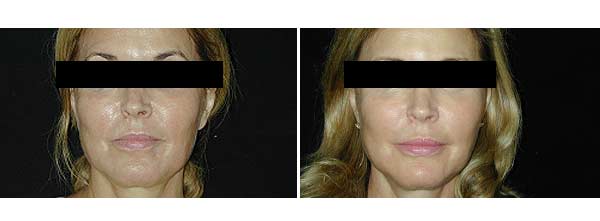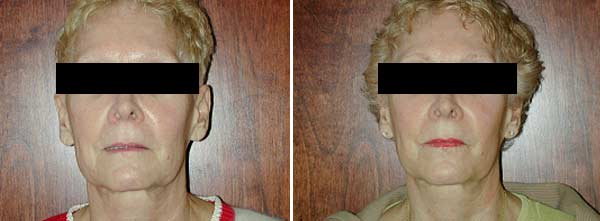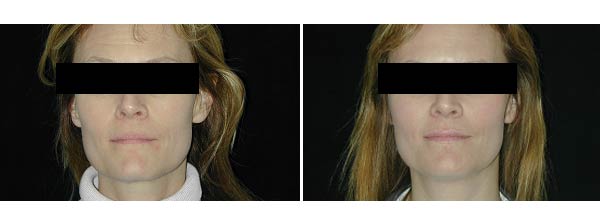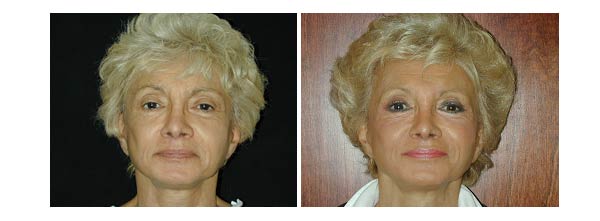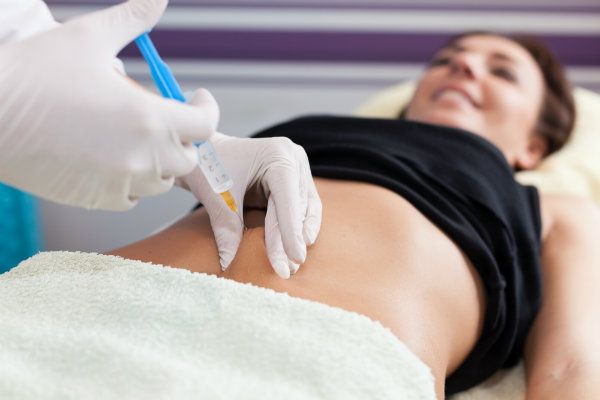What are Fat Injections?
Your own fat can be used as a soft tissue filler material to enhance volume or fill in depressions. Fat injection also referred to as autologous fat grafting, which transfers fat from one part of the body to another. It can be used in the face, to augment lips, diminish frown lines, nasolabial folds (smile lines); and to restore volume to the cheeks as well as provide definition to the jaw line and or the chin. It can also be used to rejuvenate hands or to fill depressed regions or depressed scarred areas on any part of the body. Fat injection permanency is variable depending on the region, and often requires multiple sessions for optimal results.
Consulting with Dr. Mezrow:
During the consultation, Dr. Mezrow will ask you about your particular concerns regarding the region you wish to improve upon or rejuvenate. This will help determine your expectations and determine whether they can be realistically achieved.
After obtaining a comprehensive medical and surgical history, Dr. Mezrow will perform an examination of the regions of your face or body that you are interested in rejuvenating. In addition, Dr. Mezrow will evaluate donor sites typically the abdomen, hips or thighs where there is excess fat to be harvested for fat grafting.
How is the procedure done/Where will I have scars?
The procedure is performed under local anesthesia as an outpatient. The donor site (for example, abdomen, hips or thighs) and the recipient sites are injected with local anesthetic. The fat from the donor site is harvested through a very small incision. The fat is then processed – cleansed to remove excess fluid and oils and reinjected through very small incisions into the regions to be rejuvenated or depressions that are to be improved upon.
The procedure typically takes approximately 1-3 hours to perform depending on the number of regions to be fat grafted. Most patients recover within 1 to 2 hours after surgery and are discharged home. Fat grafting is performed as an outpatient procedure. It is important to arrange for someone to drive you home after surgery and to stay with you for at least the next one day.
Check out Before and After photos of our clients
What are the potential complications?
Fortunately, significant complications from autologous fat grafting surgery are infrequent, however, all surgery has risks. Dr. Mezrow will discuss with you, the risks, benefits and alternatives and answer all your questions.
Some potential complications include infection, bleeding, asymmetries, over or under correction, complete graft loss, visual changes and poor scarring. A complication, which delays healing and prolongs recovery, is more common in diabetic patients and those who smoke.
Preoperative and postoperative instructions will be given to you by Dr. Mezrow in attempt to reduce the likelihood of complications and make you as comfortable as possible with the whole process. Smokers will be instructed to stop smoking 4-6 weeks prior to surgery and not resume smoking to reduce the risk of delayed healing, wounds, infections and compromised outcome. Aspirin, anti-inflammatory medications as well as agents that cause bleeding should be discontinued two weeks prior to surgery (or as otherwise instructed by Dr. Mezrow and your primary physician) to reduce the likelihood of bleeding.


